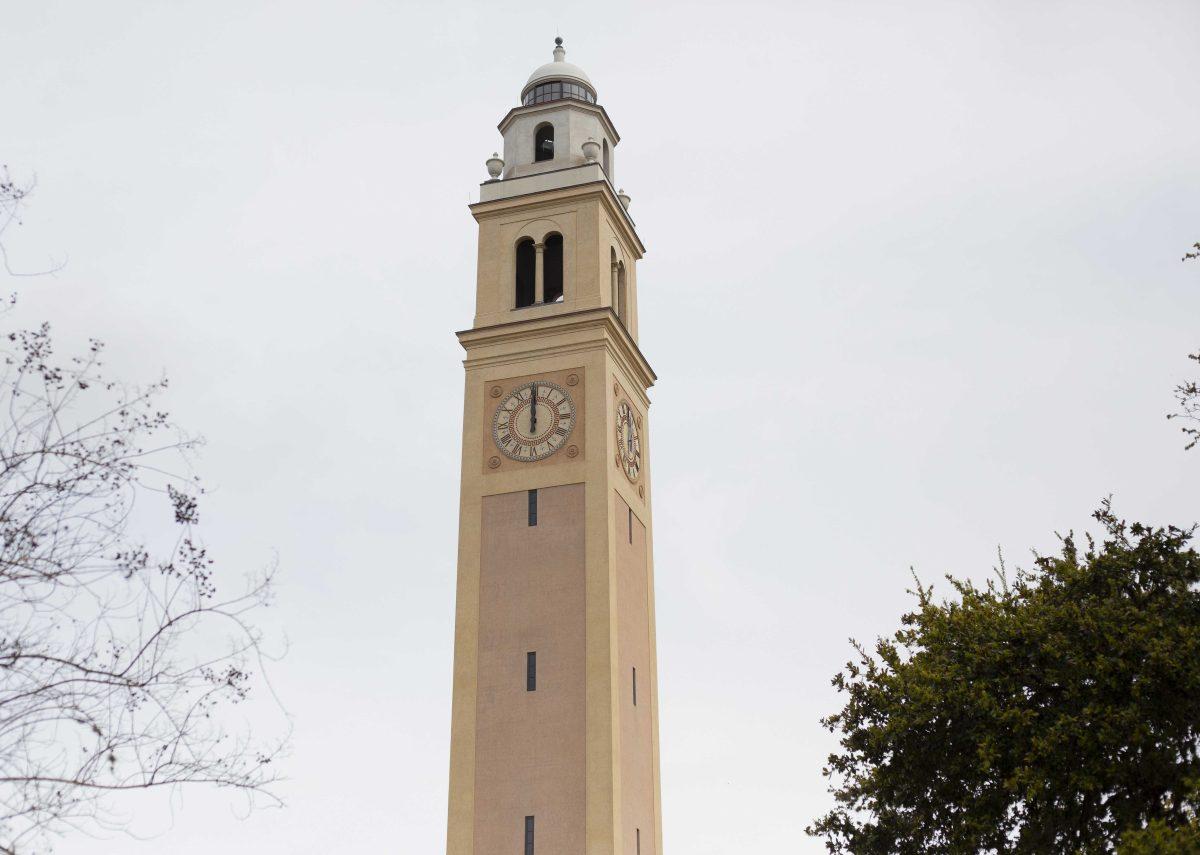LSU Health New Orleans Pathologists released new findings Wednesday related to COVID-19 from a series of autopsies performed on African Americans who died from COVID-19 in New Orleans.
The pathologists found similarities that had to do with blood clots in the lungs of all the autopsies performed. The autopsies were performed on fourteen African American New Orleans residents who died of COVID-19.
The small vessels and capillaries in the lungs were obstructed by blood clots and associated hemorrhage that significant contributed to decompensation and death in these patients, according to Richard Vander Heide, Professor and Director of Pathology Research at LSU Health New Orleans School of Medicine.
Patients were both male and female between the ages of 40 and 70 years old, according to an LSU Health press release. Many of the patients had a history of hypertension, obesity, insulin-dependent type II diabetes and kidney disease.
LSU Health said the patients were seen in a hospital between three days and one week after developing a mild cough and fever, experiencing sudden respiratory decompensation or collapse at home.
“We also found elevated levels of D-dimers– fragments of proteins involved in breaking down blood clots,” Heide said. “What we did not see was myocarditis, or inflammation of the heart muscle, that early reports suggested significantly contributes to death from COVID-19.”
The small vessel clotting that the pathologists found is a new discovery specific to COVID-19, caused by SARS-CoV-2.
Associate Director of Research and Development in the Department of Pathology at LSU Health New Orleans School of Medicine Sharon Fox said the study presents a large series of autopsies within a specific demographic experiencing the highest rate of adverse outcomes within the United States.
The autopsies occurred at University Medical Center in New Orleans, which is one of the only hospitals in the United States with an autopsy suite that meets CDC standards for performing safe autopsies of COVID-19 positive patients, according to LSU Health.
“The key implications of our study include the discovery of a mechanism for severe pathology within the African-American population, likely extendable to all persons with severe disease, and possibly a target for immediate therapeutic management,” Heide said.
Heide said the results of the research could be applicable to a broader demographic that is experiencing severe COVID-19 numbers.
“Management of these patients should include therapy to target these pathologic mechanisms,” Heide said.
LSU Health Pathologists release new COVID-19 cardiopulmonary findings
May 28, 2020
The LSU Memorial Tower stands Tuesday, Mar. 3, 2020 on Tower Drive, Baton Rouge.





